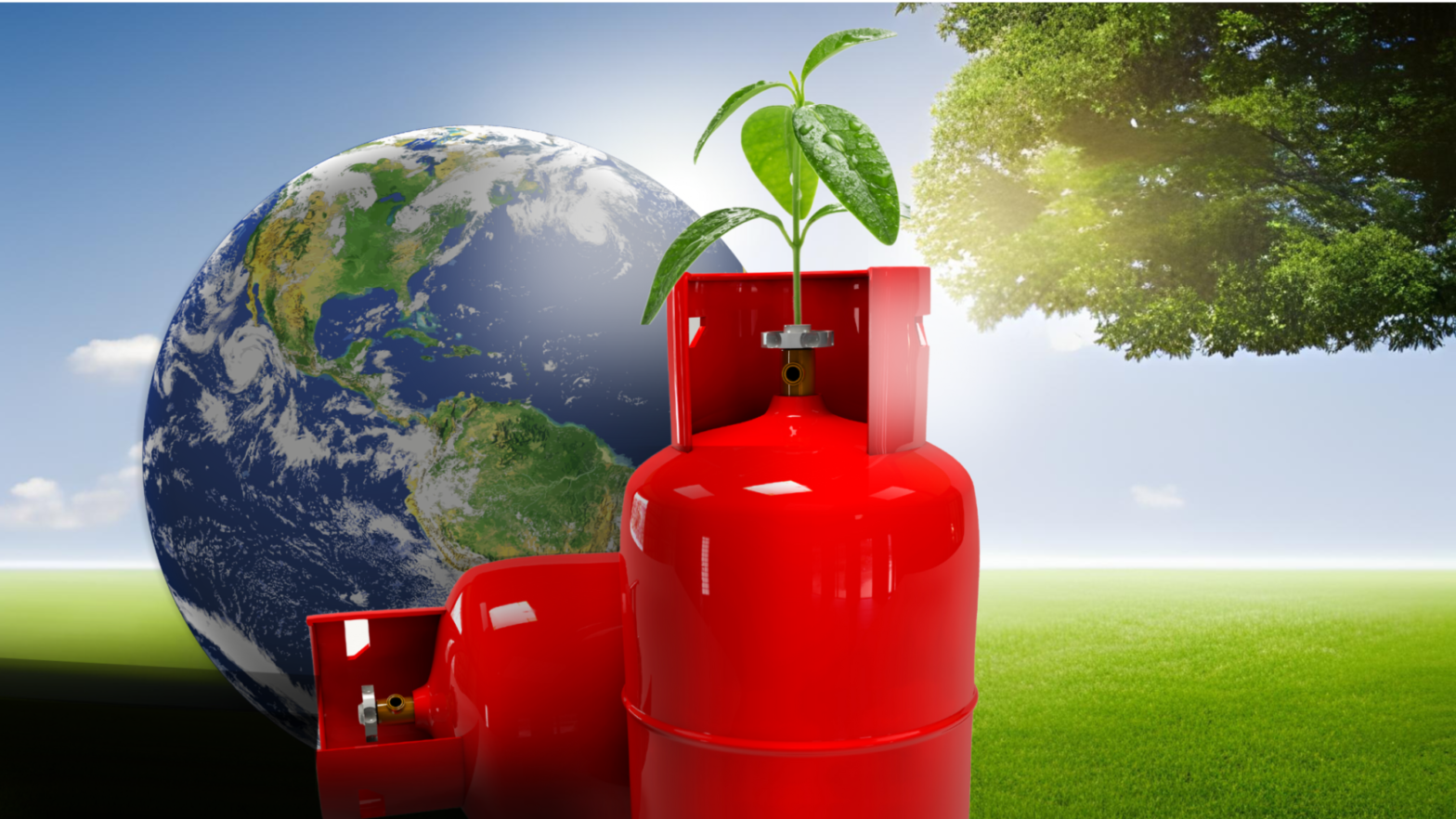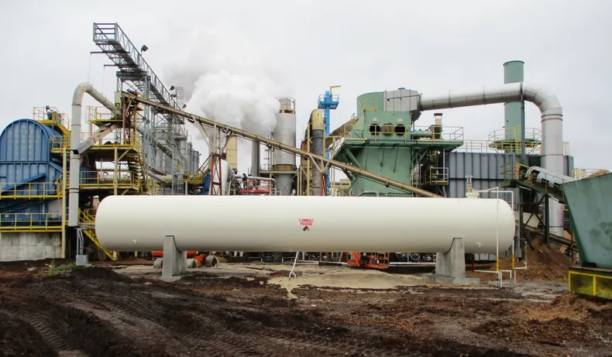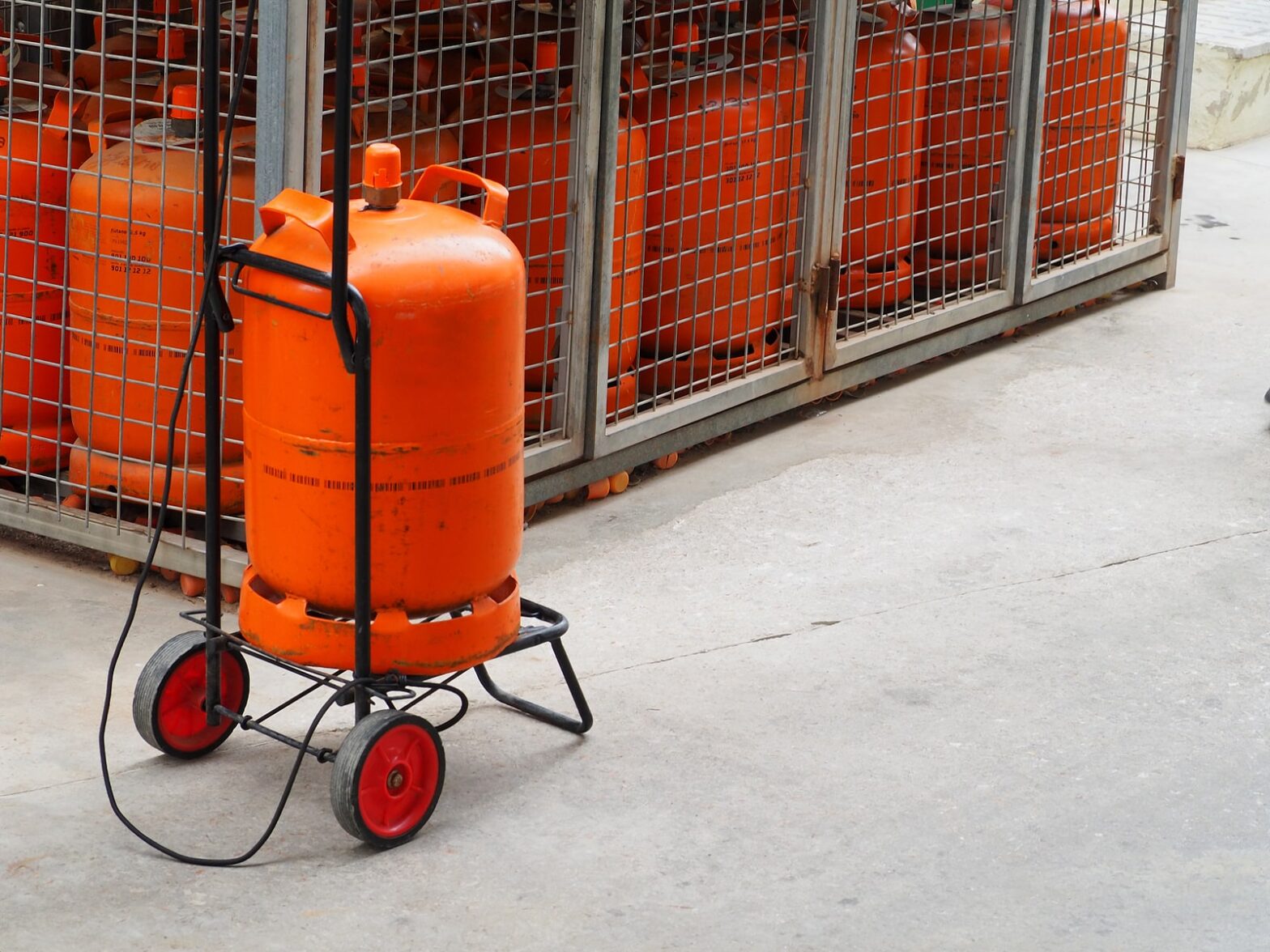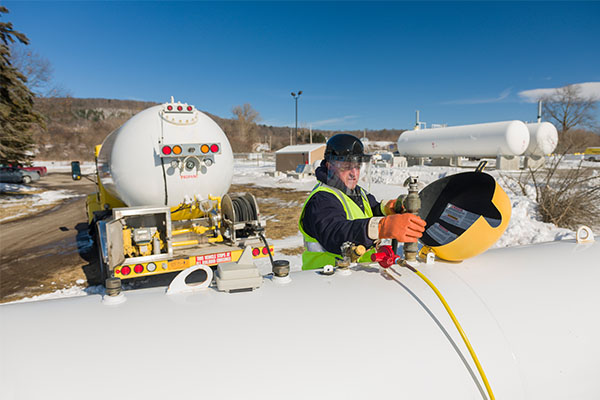Renewable Propane’s Rise to Prominence

Renewable propane, a promising alternative fuel, is derived from non-petroleum sources like natural fats, vegetable oils, and grease. Identical to conventional propane, it seamlessly substitutes for traditional propane in various applications. Currently gaining traction in states such as California, Washington, and Oregon, its surge in popularity is attributed to incentives from environmental fuel standards.
Production
The predominant method for renewable propane production involves the hydrotreated vegetable oil process, also known as hydroprocessed esters and fatty acids (HEFA). This commercial-scale process relies on feedstocks like fat, oil, and grease, with the United States boasting a production capacity exceeding 4.5 million gallons per year. Noteworthy facilities are concentrated in California and Louisiana, with the potential for increased production alongside the growth of renewable diesel and sustainable aviation fuel.
Benefits
Renewable propane shines in its carbon intensity, boasting up to four times lower carbon intensity compared to conventional propane, as outlined by the Propane Education & Research Council. The actual carbon reduction is contingent upon the feedstock used. Moreover, criteria pollutant emissions align with those of conventional propane, given their chemical identity.
Research and Development
Ongoing research aims to surmount hurdles hindering the widespread adoption of renewable propane, particularly challenges related to feedstock and production costs. The collaboration between the Propane Education and Research Council (PERC) and the National Renewable Energy Laboratory (NREL) stands out. Their joint efforts focus on three key objectives: quantifying incremental renewable propane production, developing a value proposition for recovery from biorefineries, and surveying the landscape for renewable propane production from emerging technologies.
Renewable propane emerges as a beacon of sustainable energy, offering a carbon-efficient alternative to conventional propane. As research and development initiatives progress, the future looks promising for renewable propane, showcasing its potential to revolutionize the energy sector and contribute to a more sustainable future.






















